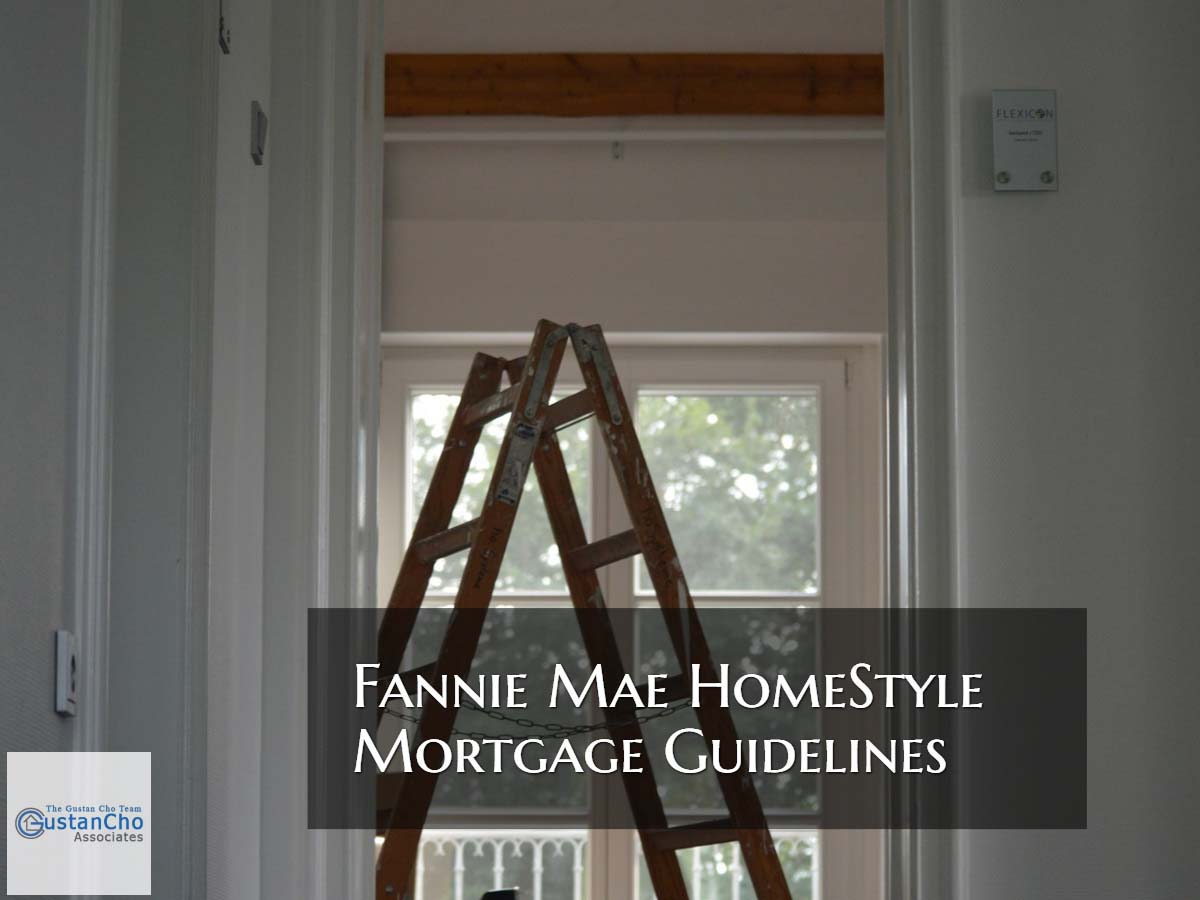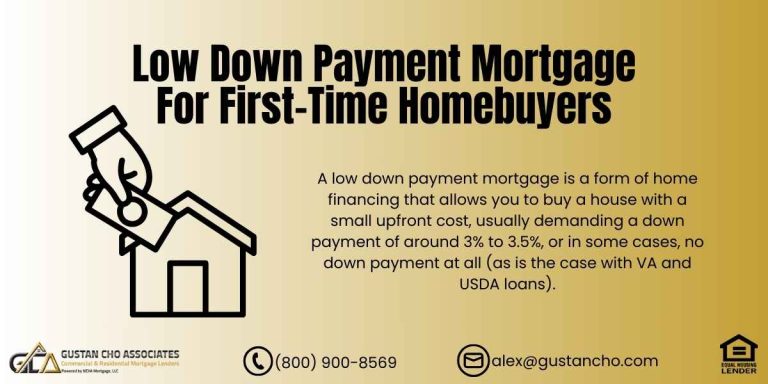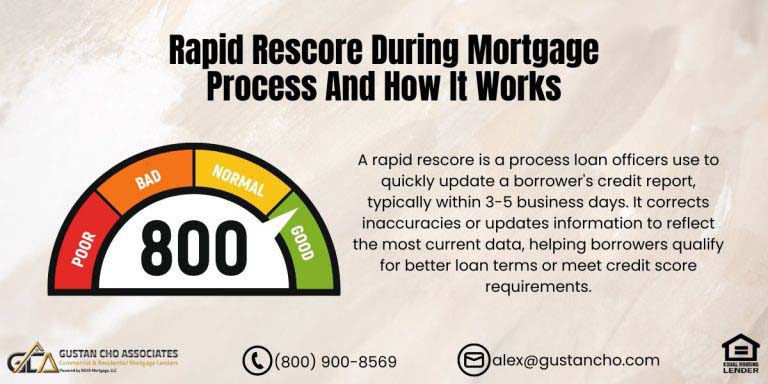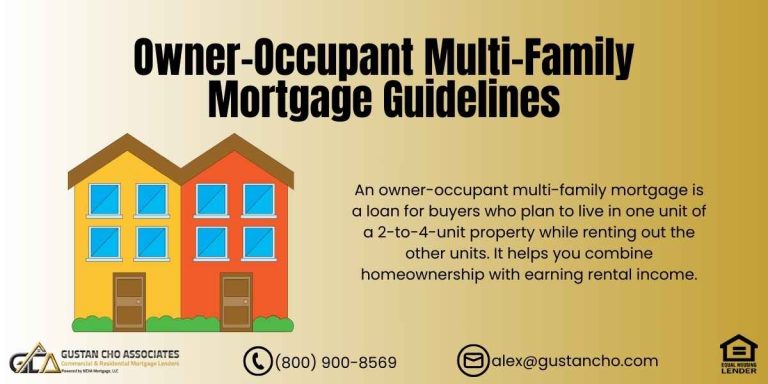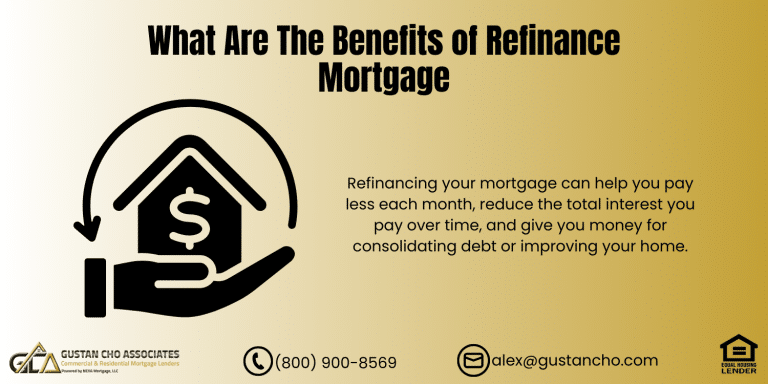This guide covers Fannie Mae HomeStyle Mortgage Guidelines on conventional loans. Have you thought about adding a pool to your property? Or how about redoing your kitchen or bathrooms? How about remodeling your outdated home and modernizing it without moving to a new home. John Strange, a senior loan officer at Gustan Cho Associates explains about Fannie Mae HomeStyle mortgage guidelines as follows:
Fannie Mae has made some important changes to the renovation mortgage product. They now allow adding an inground swimming pool when utilizing the HOMESTYLE program.
We will review some important details in this blog if you are unfamiliar with Fannie Mae’s homestyle mortgage product. We will also review how to apply for a renovation mortgage with Gustan Cho Associates. This article will cover and discuss Fannie Mae HomeStyle Mortgage Guidelines.
What Is Fannie Mae HomeStyle Mortgage
Fannie Mae created their homestyle mortgage product many years ago. This program competed with renovation loans such as the FHA 203K and VA RENOVATION LOAN. This conventional loan option is a key tool used for renovating homes across the nation. In most parts of our country, a conventional mortgage has a higher loan limit compared to FHA mortgages. This allows more space for renovations. Fannie Mae HomeSyle Mortgage loan product also allows renovations at the FHA 203K product will not allow, such as a swimming pool.
Fannie Mae HomeStyle Mortgage Guidelines on Conventional Loans
Fannie Mae Homestyle uses conventional guidelines for qualification purposes. Please see our blog on QUALIFYING FOR A CONVENTIONAL MORTGAGE for more information. Assuming you qualify for a conventional mortgage, the Homestyle renovation loan is a great opportunity to make your current house or the home you are buying your dream home.
Bullet Points of Homestyle Mortgages
This section will discuss important details about the Fannie Mae HomeStyle Mortgage loan product. A renovation mortgage will use the “ARV” or “after repair value” for the loan terms. Your down payment will be based on the purchase price and renovation costs.
The renovations may not exceed 75% of the “as-completed value” for a purchase or a refinance transaction. This gives you quite a bit of room for renovations.
Many clients ask if they can work on the property themselves. There is a “do-it-yourself” option. However, the lender must approve and review the renovations in advance. The “do-it-yourself” renovations may not represent more than 10% of the projects. You can do some work yourself, but a licensed and insured contractor must do the majority. Remember that an inspection must be completed for any “do-it-yourself” repairs totaling more than $5,000.
Using General Contractor For Fannie Mae HomeStyle Mortgage Loans
When utilizing a contractor, 50% of the funds can be released to cover materials, architect fees, and permits. The remainder of the funds will not be distributed until a completed inspection is approved. Having this conversation with your contractor is important to ensure the scope of work fits in their budget.
Benefits of Fannie Mae HomeStyle Mortgage Renovation Loans
Pros of Homestyle: The ability to put home payments and upgrades into one monthly payment. Mortgage insurance that eventually goes away.
You will have mortgage insurance when putting less than 20% down however, unlike FHA mortgage insurance, this is cancelable once your loan-to-value reaches 80%
You can finance up to six mortgage payments within your loan amount. This will give you at least six months to start the work before you are obligated to make a mortgage payment. Homestyle is available for second homes and investment properties, unlike FHA 203k mortgages. Luxury items are allowed, such as swimming pools, hot tubs, and saunas.
Cons of Fannie Mae HomeStyle Mortgage Loans
CONS for Homestyle: Time to complete the mortgage. Since there are extra steps for the renovations, these transactions typically take a minimum of 45 days and an average of 60 days. You must submit a construction plan with licensed contractors before you receive a clear to close. These plans must be satisfactory with specific underwriting requirements. Stricter qualifications compared to the FHA 203k product (in general, conventional guidelines are stricter than FHA). Homestyle cannot be used to tear down and reconstruct a property. You may only renovate pre-existing properties.
Fannie Mae has a form that must be signed to prepare borrowers for the renovation loan. Here is the CONSUMER TIP FORM. Some key things to look out for are any overages in the renovation escrow account will be applied to the principal balance of your mortgage.
When selecting a contractor, it is important to research their licensing and financial background. It is important to ask for references. It is your responsibility to negotiate any agreements and or warranties with your contractor. The lender will not provide any warranties. As mentioned above, you may finance up to six mortgage payments within the renovation mortgage. However, after that, you are responsible for making your mortgage payment even if the work is not completed. Plan timeframes accordingly with your contractor. It is important not to approve funds being released if you are not satisfied with the work. Do not pay any contractor out of your pocket. The funds must come from the renovation escrow account. Once Renovations are completed, the appraiser is required to inspect the home and issue a final appraisal.
Applying For Fannie Mae HomeStyle Mortgage on Home Purchases
Applying for a renovation mortgage with Gustan Cho Associates is simple. The first steps of the process are the same as a non-renovation mortgage. You will first gather the required documentation. On a Purchase borrowers need the following:
- Last 60 Days Bank Statements – to source down payment
- Last 30 Days Pay Stubs
- Last Two Years, W2’S
- Last Two Years’ Tax Returns
- Driver’s License
- Contact Information for Contractor
Applying For Fannie Mae HomeStyle Mortgage Refinance Loans
Refinance:
- Driver’s License
- Last 30 Days of Pay Stubs
- Last Two Years’ Tax Returns
- Last Two Years W2
- Current Mortgage Statement
- Homeowners insurance policy
- Contact Information for Contractor
Once you have obtained the required documentation, please contact us at Gustan Cho Associates at 262-716-8151. Text us for a faster response. You can also email us at gcho@gustancho.com. One of our senior experienced branch managers review your renovation needs and pair you with a licensed loan officer in your state.
Fannie Mae HomeStyle Mortgage Process
Your licensed loan officer will send you an application link, which gives them permission to start your loan file. Once they obtain a copy of your credit report, they will know the next steps in the process.
Assuming you qualify for a renovation mortgage, you must select the property before working with a licensed contractor. When completing a renovation mortgage with Gustan Cho Associates, you will have a designated renovation team member to help coordinate the improvements with the contractor.
Depending on the financial situation of your contractor, they may need to collect money throughout the process to complete the renovations. This is why a designated renovation team member is assigned to your file. These mortgages can be tricky when utilizing a team that is not experienced. We encourage you to call him today with any questions.
Qualifying For a HomeStyle Mortgage With An Experienced Lender
We have offered renovation mortgages for a long time. However, recently, they have become more popular. Many families are choosing to stay in their existing homes versus moving. This could be for many reasons, but many feel it is because of the rising home values.
A couple of small renovations can give your home to face life it needs and create extraordinary value. According to FHFA, home values across the nation are rising. The home price index rose about 7.38% from 2022 to 2023. This number can be even higher if you complete renovations to your property.
Many families stay in their house for other reasons, such as keeping their kids in the same school district. Whether moving or staying, a renovation mortgage can help you tremendously. For any general mortgage questions or questions about renovation mortgages, please get in touch with us at Gustan Cho Associates today. We are available seven days a week to help you with your mortgage needs. We look forward to hearing from you.


